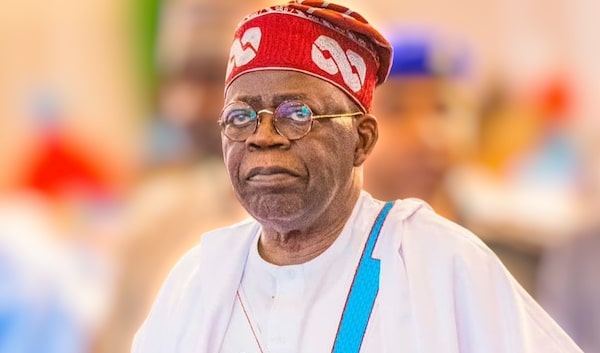Stakeholders have commended President Bola Tinubu for his recent move to address Nigeria’s fiscal policies and tax reforms. The Presidential Committee on Fiscal Policy and Tax Reforms, headed by Mr. Taiwo Oyedele, was inaugurated on Monday and comprises experts from both the private and public sectors. The committee’s responsibilities include tax law reforms, fiscal policy design and coordination, harmonization of taxes, and revenue administration.
Several experts voiced their support for the committee’s formation in separate interviews with the News Agency of Nigeria (NAN) in Abuja on Friday. Economist Dr. Tope Fasua applauded President Tinubu’s proactive steps toward implementing crucial changes in Nigeria’s tax reform. Dr. Fasua stressed the significance of optimizing revenue generation to reduce the need for excessive borrowing, while urging every state to enhance revenue generation for sustainable economic growth.
Dr. Ayo Abina, Chairman of AACS, an international consulting and investment company, highlighted that Nigeria could generate substantial funds to finance government expenditure by increasing the tax-to-GDP ratio to 15 percent. He also emphasized the potential to save billions of dollars by addressing issues such as oil theft.
The International Monetary Fund (IMF) also weighed in, urging the Nigerian government to take measures to enhance the country’s revenue base. Meanwhile, research organization Pol Eco Analytics commended President Tinubu for his commitment to addressing issues in Nigeria’s tax reform. The organization’s senior researcher, Mr. Adefolarin Olamilekan, praised the committee’s role in finding solutions to inefficiencies in numerous government agencies and resolving confusion over tax remittances from ministries, departments, and agencies (MDAs).
Ari Aisen, Resident Representative of the IMF Nigeria Office, emphasized the importance of focusing on revenue and expenditure to address Nigeria’s debt situation. Aisen underscored the need for fiscal discipline and reducing reliance on borrowing.
Vahyala Kwaga, an analyst at BudgIT, urged Nigerians to scrutinize state governors and their fiscal behaviors, suggesting that transparency and accountability at the state level were essential.
As the Nigerian government embarks on fiscal reforms to enhance revenue generation and reduce dependence on borrowing, citizens are hopeful that the country’s budgets will soon be funded through sustainable means. As of December 31, 2022, Nigeria’s public debt stood at N46.25 trillion (equivalent to $103.11 billion), according to the Debt Management Office (DMO). The DMO recognizes the need to prioritize revenue generation to reduce borrowing and debt servicing, signaling a shift toward fiscal sustainability.
Patience Oniha, Director-General of the DMO, stressed that growing revenue was key to reducing budget deficits and the need for significant borrowing. She highlighted the potential benefits of a strong revenue base, including a reduced debt service to revenue ratio. Oniha emphasized that a focus on revenue generation would facilitate the transition from running budget deficits to achieving balanced or surplus budgets, promoting sustainable economic growth.











